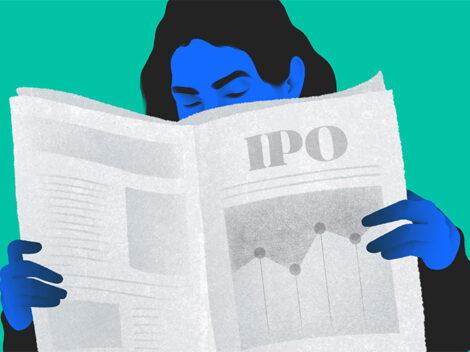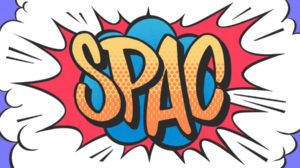As reported by CNBC, the New York Stock Exchange has announced that Slack has set its reference share price1 at $26. The workplace communications platform is forgoing a traditional IPO in favor of a direct listing, and it will be trading under the stock ticker symbol “WORK.”
Subscribe to the Crunchbase Daily
While there’s no way of knowing how exactly Slack will perform on the market, it’s expected to do quite well. Per the company’s S-1, Slack has a ton of cash on-hand. So much, in fact, Alex Wilhelm reported that “it will never, ever run out of money unless it loses focus and crashes itself into the side of a mountain.”
Here are other details from Crunchbase News’s last dive into Slack’s S-1 filing:
- Slack Q1 Revenue: $134.8 million
- Slack Q1 Calculated Billings: $149.6 million
- Slack Q1 year-over-year (YoY) revenue growth: 66.6 percent
- Slack sequential-quarterly revenue growth: 10.7 percent
- Slack Q1 net loss: $31.9 million
- Slack year-ago net loss: $24.9 million
- Slack Q1 net margin: -25 percent
- Slack Q1 free cash flow (FCF): -$34.2 million
- Slack year-ago FCF: -$15.0 million
Founded in 2009, the popular business management and communication software has raised a known total of nearly $1.4 billion. At the company’s most recent funding event, a $427 million Series H led by General Atlantic and Dragoneer Investment Group, the company was valued at over $7 billion, post-money. Slack is backed by a number of high profile Silicon Valley-based investors including Accel and Andreessen Horowitz, which made early bets on the company. GV (previously known as Google Ventures), Kleiner Perkins, Social Capital, Thrive Capital, and, of course, Softbank, also bought in.
As mentioned before, this is an uncommon way to enter the public markets. The traditional IPO process helps you fundraise, with the extra support of a bank to make sure when you start trading you don’t totally tank. Last January, an IPO expert told Crunchbase News that a direct listing could be employed for a variety of reasons: growth, revenue size, and the general climate of an industry. He also said that companies that pursue this method might not be “strong enough” to go through the traditional process. Wilhelm bets that Slack’s direct listing to avoid further dilution (see the long list of investors in the paragraph prior), particularly given that the company doesn’t need to fundraise.
That said, another company that opted for a direct listing in the past is music streaming service Spotify. Some theorized it did so because it lacked strong growth to go the traditional route. However, Spotify’s solid performance on the market since direct listing tests that theory.
More when Slack begins trading.
Here is Yahoo! Finance on what a reference share price is: “The reference price is not a share offering price. It’s also not the opening public price for shares of Slack. Instead, it is a point of reference for investors as they put in order for the stock.”↩

Stay up to date with recent funding rounds, acquisitions, and more with the Crunchbase Daily.







![Illustration of stopwatch - AI [Dom Guzman]](https://news.crunchbase.com/wp-content/uploads/Halftime-AI-1-300x168.jpg)


67.1K Followers